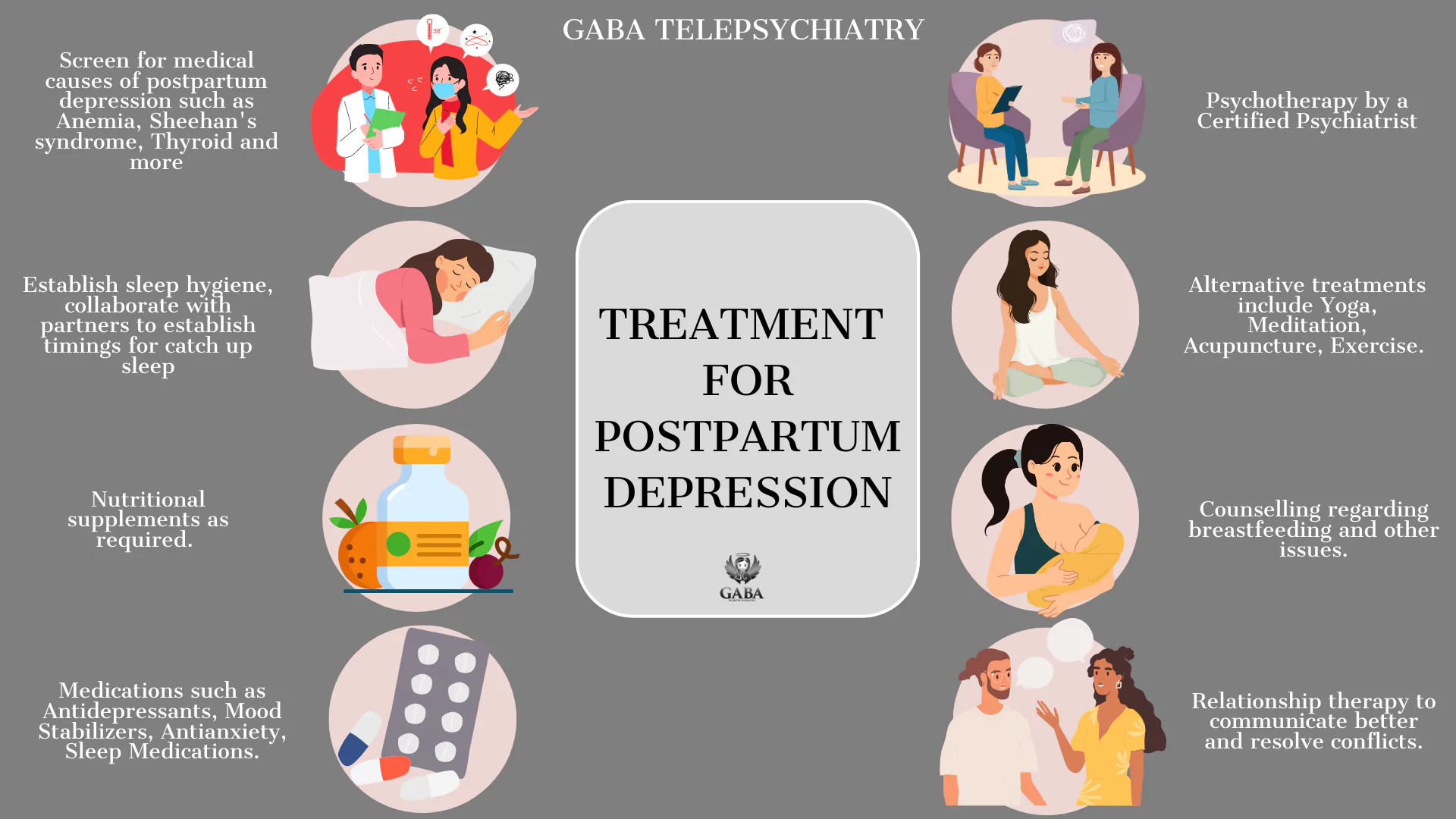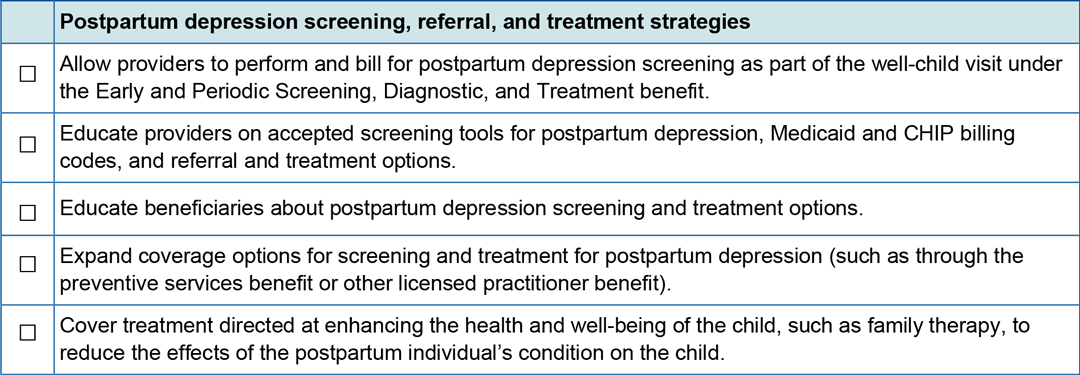The Ultimate Guide To Beautiful Journey Reproductive Counseling Center
The Ultimate Guide To Beautiful Journey Reproductive Counseling Center
Blog Article
5 Easy Facts About Beautiful Journey Reproductive Counseling Center Shown
Table of ContentsThe Definitive Guide for Beautiful Journey Reproductive Counseling CenterExamine This Report on Beautiful Journey Reproductive Counseling CenterA Biased View of Beautiful Journey Reproductive Counseling CenterThe Ultimate Guide To Beautiful Journey Reproductive Counseling Center10 Easy Facts About Beautiful Journey Reproductive Counseling Center DescribedThe smart Trick of Beautiful Journey Reproductive Counseling Center That Nobody is Talking About

Dealing with psychological health and wellness professionals is a wonderful means to discover postpartum clinical depression and exactly how to recuperate. Therapy allows females to overcome their condition and understand the progression they make. Therapists can also readjust treatment in reaction to the female's progress. Treatment is a personal and essential way to deal with postpartum depression.

The Buzz on Beautiful Journey Reproductive Counseling Center
There have not been definitive studies released that looked especially at folate or other B vitamins in the treatment of postpartum clinical depression. Think about advising to women who are postpartum to proceed their prenatal vitamin or take a B-100 facility with about 1 mg (or 1,000 mcg) of folic acid, or folate.
Correction of vitamin D deficiency might play a substantial role in the recovery from postpartum clinical depression. Mommies battling with clinical depression ought to have their 25-OH vitamin D level checked. Numerous women find that they require at the very least 2,000-3,000 IUs of cholecalciferol, which is vitamin D3 (a type that is extremely easily taken in) throughout the winter season.
In the summertime, less oral vitamin D may be needed, relying on the latitude where the mother lives. perinatal support.
The 5-Minute Rule for Beautiful Journey Reproductive Counseling Center

Anticoagulation might be made use of, and it must be noted that there exists no global standard or suggestion for anticoagulation treatment in septic pelvic apoplexy. Initial bolus of 60 units/kg (4000 systems maximum) complied with by 12 units/kg/h (maximum of 1000 units/h) is advised. The aPTT is kept an eye on for 2-3 times the typical worth.
Postpartum depression (PPD) is a complicated mix of physical, psychological, and behavioral modifications that occur in some females after offering birth. According to the DSM-5, a manual utilized to detect mental conditions, PPD is a form of major anxiety that starts within 4 weeks after distribution. The medical diagnosis of postpartum depression is based not only on the length of time in between delivery and onset however on the extent of the depression.
The term describes a range of physical and emotional changes that many new mothers experience. The real web link in between this decrease and anxiety is still not clear.
8 Simple Techniques For Beautiful Journey Reproductive Counseling Center
Often, joining an assistance group of new mamas or speaking with other mamas assists. can happen a few days or perhaps months after childbirth. PPD can happen after the birth of any youngster, not simply the very first kid. You can have feelings similar to the child blues-- unhappiness, despair, anxiousness, crankiness-- however you feel them much a lot more strongly.
When your ability to function is influenced, you need to see a healthcare copyright, such as your OB/GYN or key care medical professional. This physician can evaluate you for anxiety signs and symptoms and generate a therapy strategy. If you do not get therapy for PPD, symptoms can become worse. While PPD is a major problem, it can be treated with medication and counseling.
This illness can happen quickly, usually within the first 3 months after giving birth. Females can shed touch with truth, having acoustic hallucinations (hearing things that aren't in fact occurring, like a person speaking) and misconceptions (highly believing points that are plainly illogical). Aesthetic hallucinations (seeing things that aren't there) are less usual.
Ladies who have postpartum psychosis need treatment right away and almost always require drug. Therapy options include anti-anxiety or antidepressant medicines, psychotherapy, and involvement in an assistance team for psychological support and education.
The Buzz on Beautiful Journey Reproductive Counseling Center
Kids of mothers with postpartum anxiety are most likely to have troubles with resting and consuming, sobbing even more than common, and delays in language development. If you have a background of depression, tell your doctor as quickly as you discover you're expectant, or if you're planning to conceive.
PPD can take place after the birth of any kind of youngster, not simply the first youngster. You can have sensations similar to the infant blues-- sadness, anguish, stress and anxiety, crankiness-- however you feel them much a lot more highly.
When your ability to function is influenced, you require to see a wellness care try this site provider, such as your OB/GYN or key treatment medical professional. If you do not get therapy for PPD, signs can get worse.
This illness can happen swiftly, frequently within the first 3 months after giving birth. Ladies can shed touch with fact, having auditory hallucinations (hearing things that aren't actually taking place, like a person chatting) and misconceptions (strongly believing points that are plainly unreasonable). Aesthetic hallucinations (seeing points that aren't there) are less typical.
About Beautiful Journey Reproductive Counseling Center
Ladies who have postpartum psychosis need therapy right away and almost constantly need medicine. Treatment options consist of anti-anxiety or antidepressant medicines, psychotherapy, and involvement in an assistance group for emotional support and education.
Youngsters of mothers with postpartum depression are most likely to have issues with resting and consuming, sobbing even more than usual, and delays in language development (reproductive mental health). If you have a history of depression - https://www.tumblr.com/beaj0urepcc, tell your doctor as quickly as you discover you're expectant, or if you're planning to conceive
Report this page